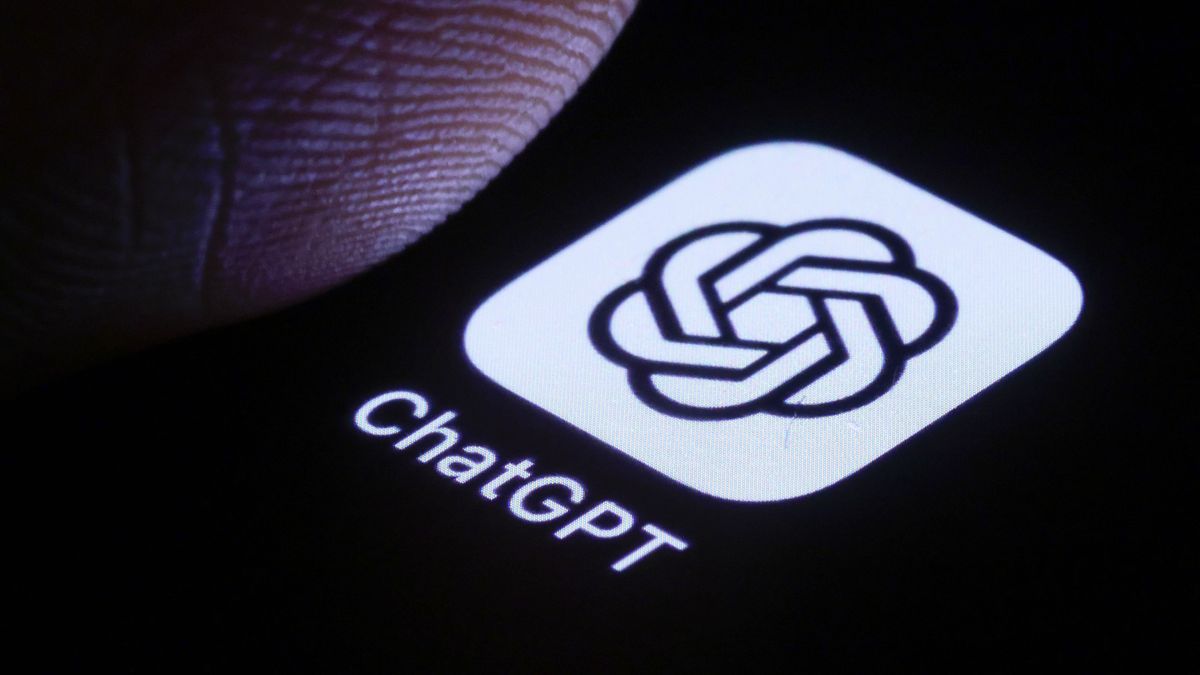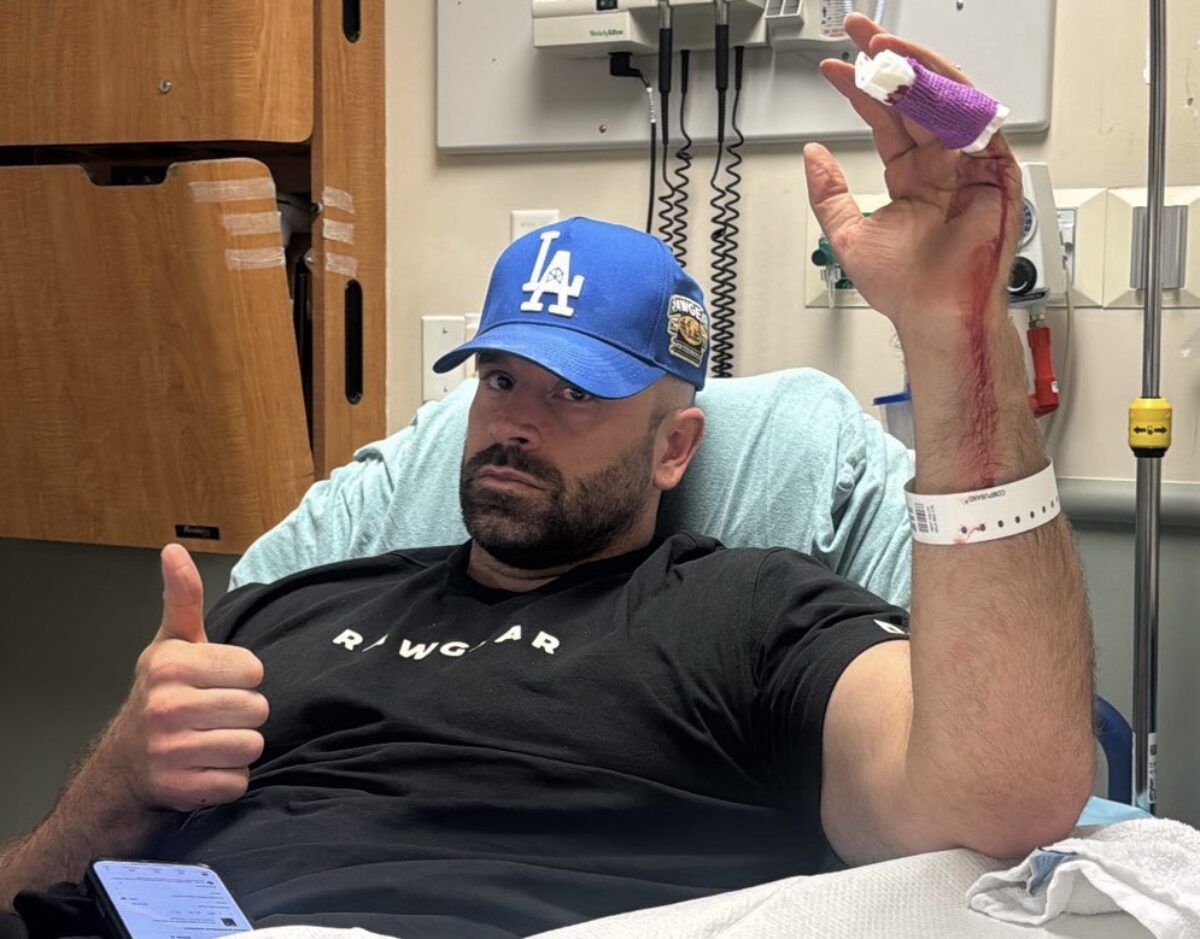
Bromism: How AI Diet Advice Landed a Man in the Hospital
A bizarre medical case has sparked warnings about using AI for health advice after a man developed a rare condition called bromism by following dietary suggestions from ChatGPT.
Earlier this month, a medical journal detailed the incident involving a 60-year-old man who wanted to cut down on salt. After asking ChatGPT for alternatives, he ended up in the emergency room with hallucinations and paranoia.
What Is Bromism?
Bromism is a rare but toxic condition caused by excessive exposure to bromine, a chemical element. According to the research paper, ingesting bromide can trigger a set of symptoms known as a “toxidrome.” While bromism was more common in the early 20th century, the risk still exists because bromide-containing substances are now easy to buy online.
How the Incident Happened
The man had been researching the harmful effects of too much salt when ChatGPT allegedly suggested he could swap chloride with bromide. Drawing on his old college nutrition studies, he decided to try it out.
For three months, he replaced table salt (sodium chloride) with sodium bromide ordered from the internet. The paper notes that ChatGPT’s advice seemed intended for non-food purposes, such as cleaning, but did not include a clear health warning or follow-up questions that a doctor might have asked.
Symptoms and Hospitalisation
By the time he arrived at the ER, the man was experiencing severe psychiatric symptoms, including paranoia and hallucinations. Tests showed unusual chloride levels in his blood. Doctors diagnosed bromism and admitted him for treatment.
Over three weeks in hospital, his chloride levels and anion gap slowly returned to normal. His psychotic symptoms improved, and his prescribed antipsychotic medication, risperidone, was eventually discontinued before discharge.
Why Experts Are Concerned
The authors of the paper stressed that even though bromide is rarely used in food products, cases of bromism still occur because people are unaware of its risks. With bromide easily available online in certain supplements and medicines, accidental misuse is possible.
They also highlighted the need for doctors to consider bromism when patients present with new neurological, psychiatric, or skin problems, especially if blood test results are unusual.
In their own experiment, the researchers asked ChatGPT about chloride replacements and found bromide mentioned again, with only a vague note that “context matters” and no strong health warning.
The Bigger Picture: AI and Health Advice
While AI tools like ChatGPT can help share information with the public, the authors warn they can also give misleading or incomplete guidance, especially without proper context. A qualified medical professional is unlikely to suggest sodium bromide as a salt substitute.
As AI use grows, they say health professionals should be aware of where patients get their medical advice—and the potential dangers of following it blindly.
Popular Categories





